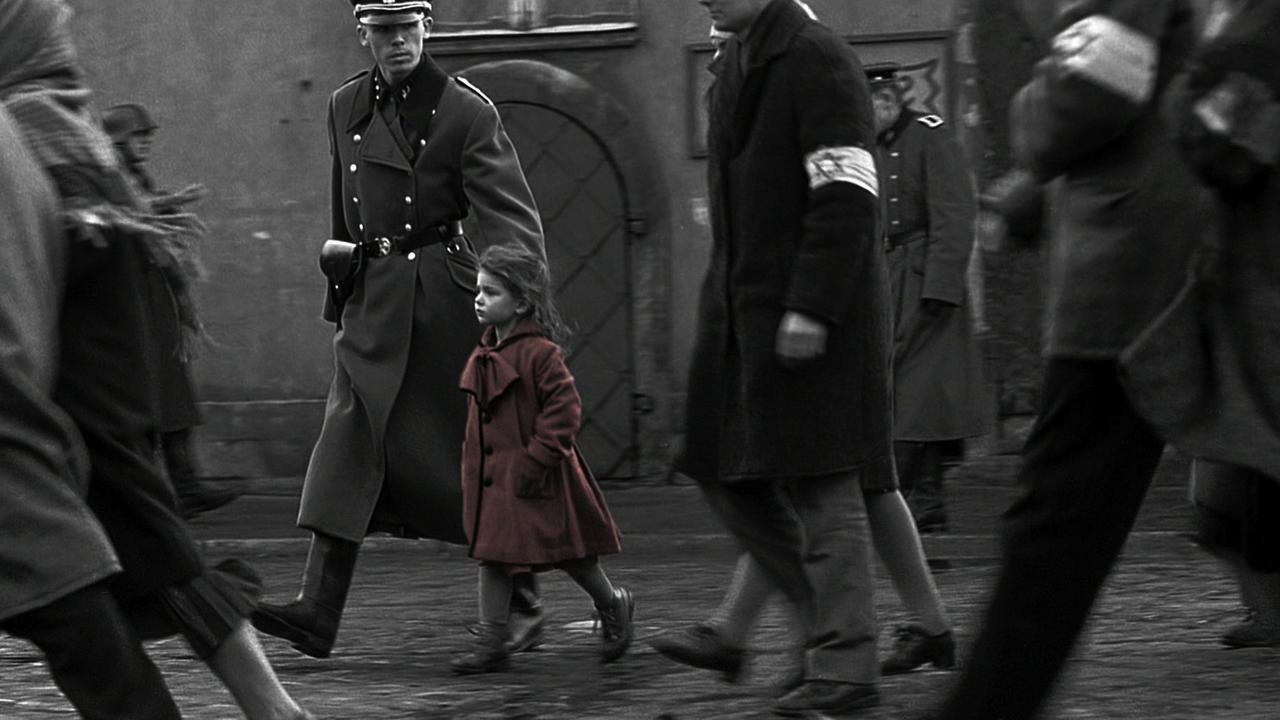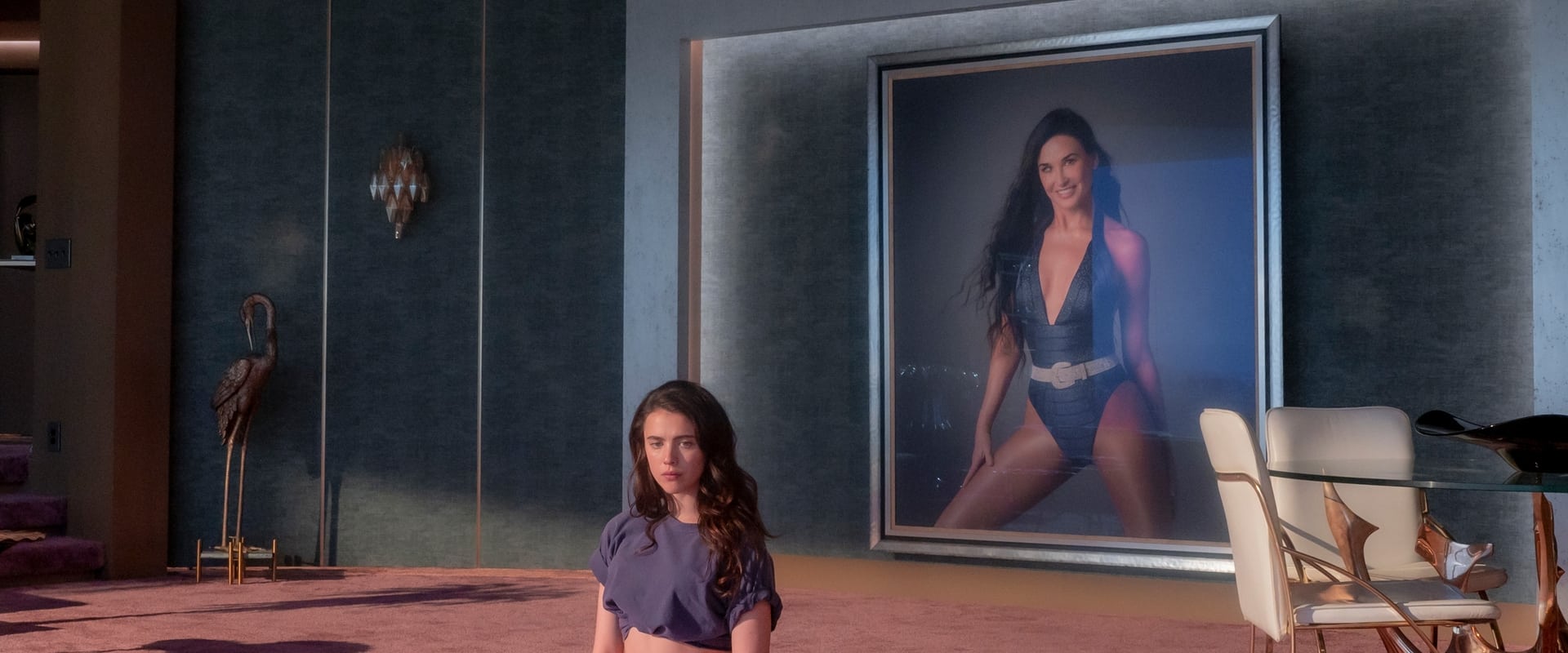Settling into my seat for Schindler’s List, I felt a nervous charge—equal parts anticipation and foreboding, as if I were about to audit a master class in empathy while simultaneously standing trial for the history of my own species. Spielberg has, over the years, proven himself a virtuoso in the theater of the heart, but with this film he trades in his usual sentimental coin for something far harsher, sharper—a shank, not a valentine.
The first black-and-white frames unspool, and it’s as if we’re plunged beneath the ice. The world is stripped of its comfort, its warmth, and every detail—the rattle of boots, the flick of a ledger, the shuffle of condemned men—acquires the clarity of a fever dream. Spielberg does not so much “depict” the Holocaust as thrust us, writhing, directly into its machinery. This isn’t history as set dressing, or tragedy embalmed for our edification. It hurts to watch, and it’s supposed to—there’s no indulgence in catharsis here.
At the eye of the hurricane, there’s Liam Neeson, his Schindler bemused and beguiling, a shark who discovers—almost in spite of himself—he owns a heart. Neeson doesn’t grope for tears or plead for sainthood. He plays Schindler as a man whose decency, like a stubborn weed, keeps breaking through the cracks of his own self-interest. Watching him maneuver—greasing palms, bluffing Nazis, seducing both danger and opportunity—you sense that heroism, in a world gone mad, is less about moral purity than timing and nerve. Neeson’s transformation is incremental, shaky, painfully plausible; the man who begins as a charming opportunist is forced, scene by scene, catastrophe by catastrophe, to grow into the shoes of a reluctant savior. And you believe every stutter, every doubt, every half-swallowed apology.
Then there is the film’s visual grammar—the monochrome so severe it doesn’t merely suggest history; it fossilizes it, as if we’re seeing a macabre newsreel dragged from the depths of collective guilt. When color does intrude—the girl in the red coat, bobbing through the carnage like a wound that refuses to close—it’s not sentiment Spielberg offers, but accusation: the world watched and did nothing. That red coat is a testament and a rebuke.
And now, Ralph Fiennes, giving us not a villain but the banality of evil at full sneer—his Amon Goeth a chilling bureaucrat who obliterates human life with the bored efficiency of a man sorting mail. Fiennes never reaches for grandiloquence; his Goeth slouches, jokes, yawns—and then, in a heartbeat, murders. It’s scarier than any movie monster because it’s so damn routine. Watching him, you feel history’s chill hand on your neck.
Spielberg’s greatest moral courage here is his refusal to blink. This is a film that understands that atrocity, to be remembered, must be witnessed fully—not stylized, not tamed. The violence is not aestheticized or made “important”; it is pitiless, mundane, and sickening. There are moments when I wanted to look away, when the weight of what was happening threatened to buckle the screen itself. But turning away is a luxury denied both to the audience and to history.
And yet—against all narrative logic, against the iron will of evil—hope flickers stubbornly. There is a trembling, battered humanity in each glance, each small act of mercy, each name preserved on the list. Spielberg builds to a finale that is no triumphalist fanfare, but an elegy: the real survivors, in color now, placing stones on Schindler’s grave, extending a trembling hand across the decades. The gesture is small, circumspect, quietly more moving than any manufactured swell.
Schindler’s List is not an entertainment, nor is it sanitized pain with a postscript of uplift. It’s the rare film that insists not only on being seen but on being felt. I left the theater feeling scraped raw, as though Spielberg, in his own meticulous, all-too-human way, had forced us to reckon with both the abyss and the flicker of light inside it. The film does not excuse, it does not sanctify, but it refuses to let the memory fade into abstraction. For a few hours, we are made to remember that decency is not inevitable but must be clawed, inch by inch, from the jaws of history.
If Schindler’s List is hard to bear, that’s precisely the point. It is not just a film—it’s a memorial, a warning, and a challenge laid at our feet: in the face of the unspeakable, what choice will we make? Spielberg doesn’t answer that question—he leaves it rattling in your chest, long after the credits have vanished into darkness.


